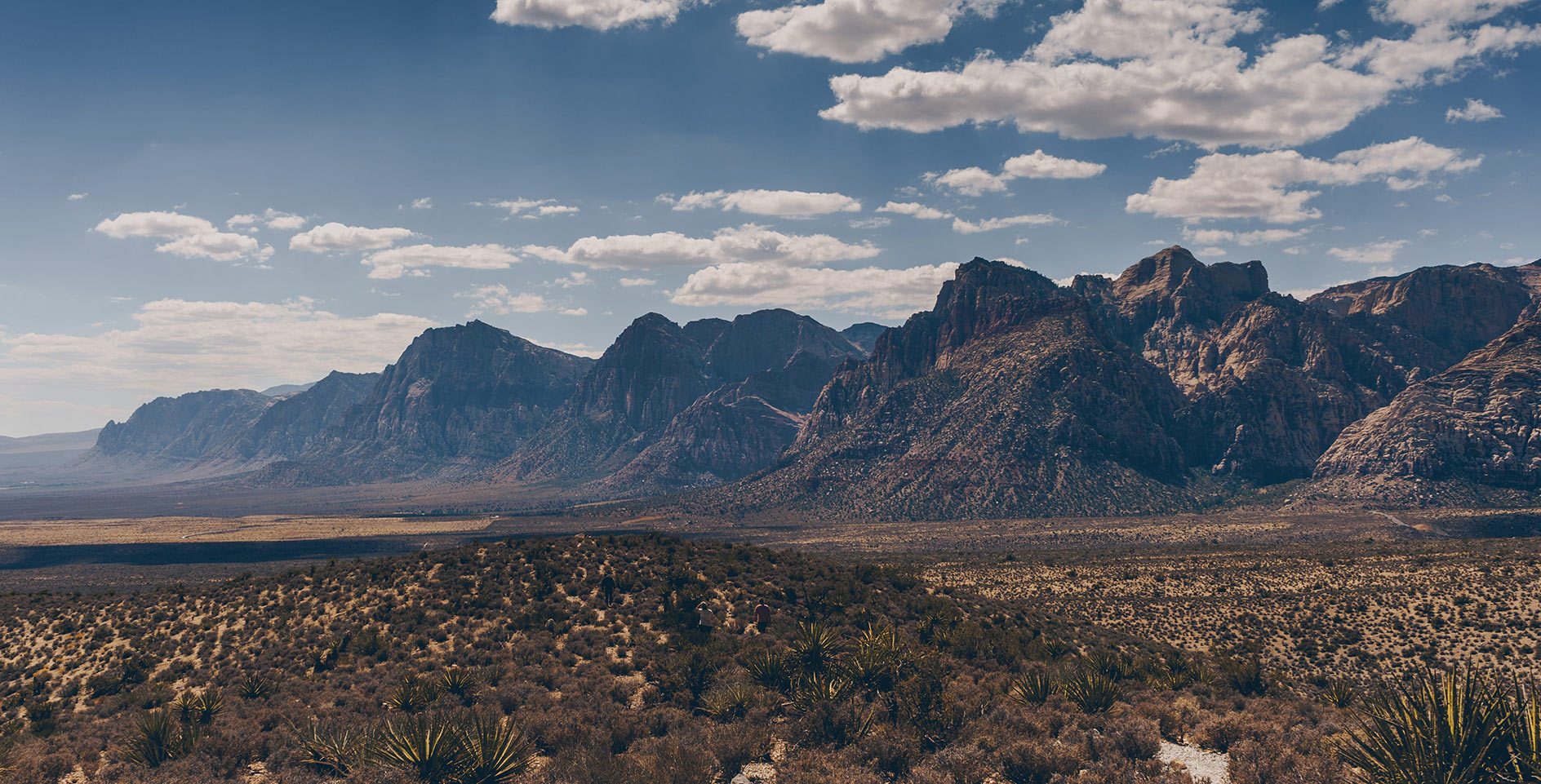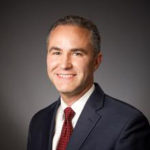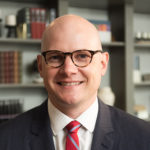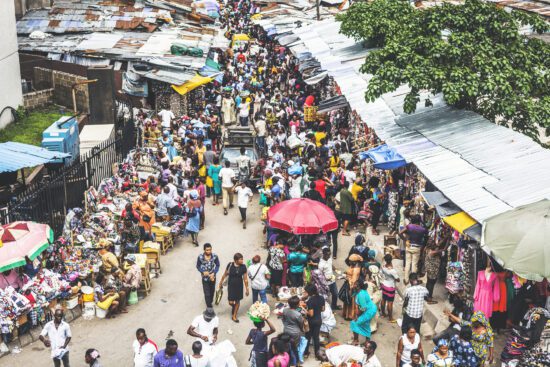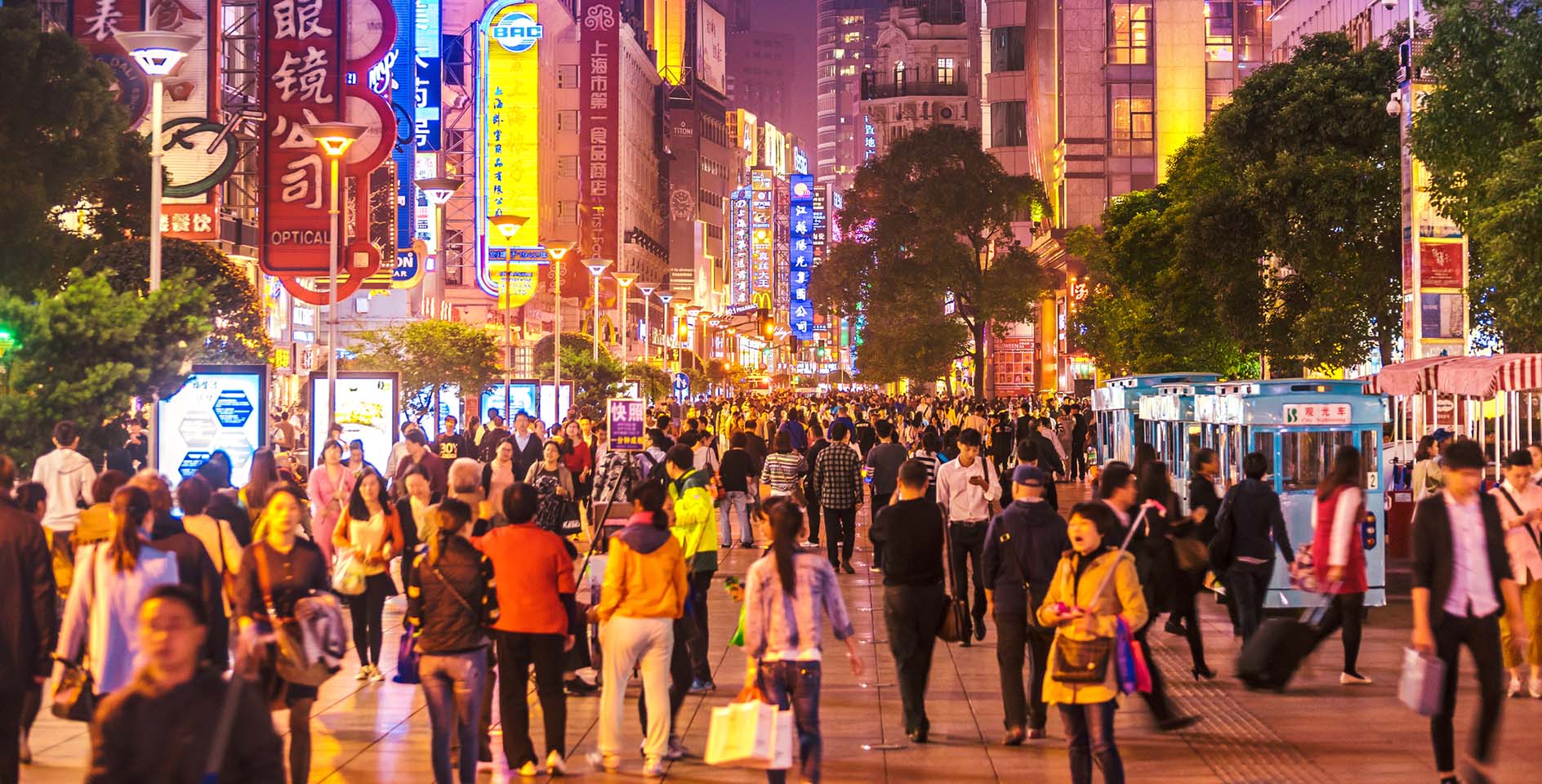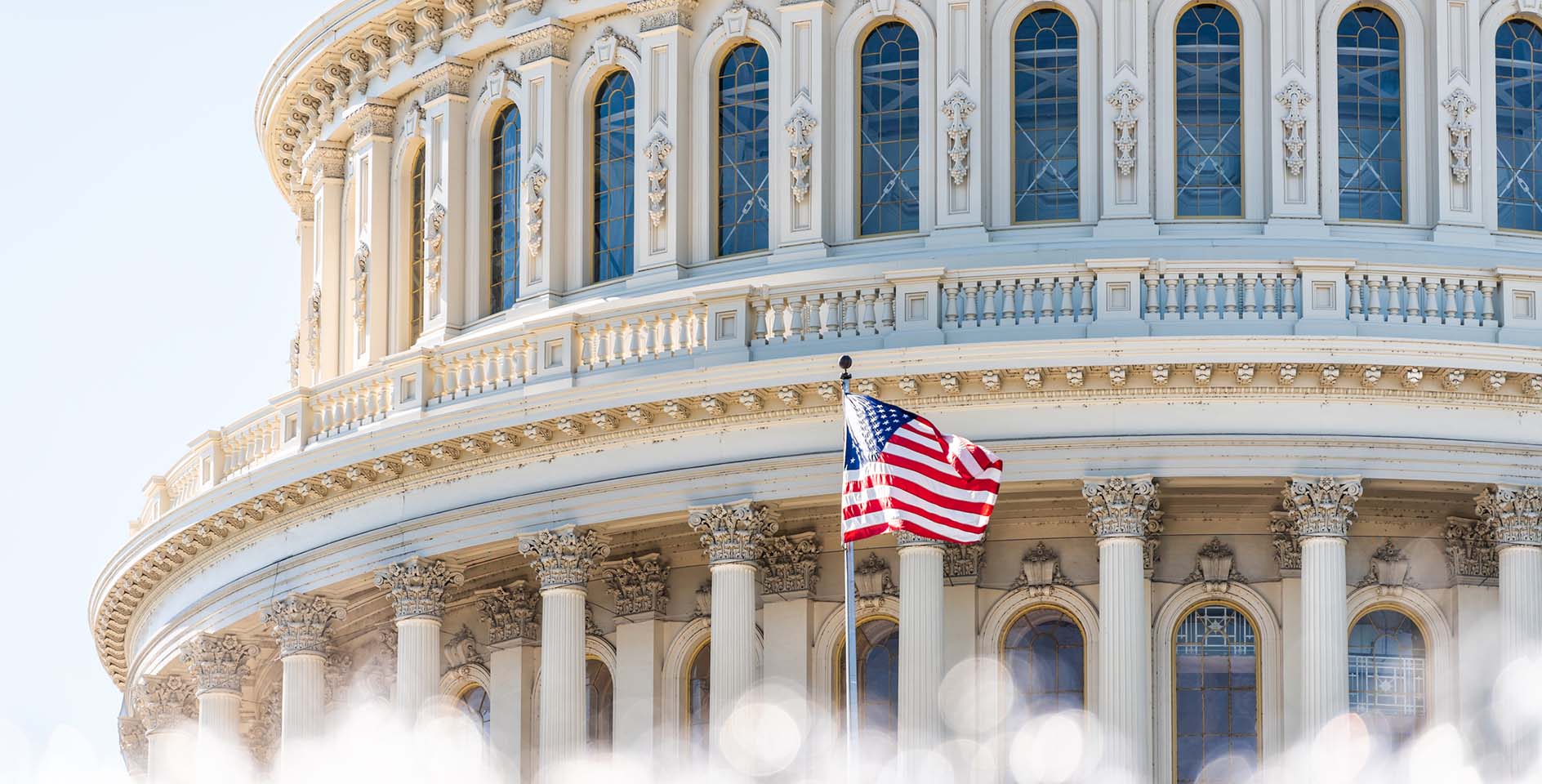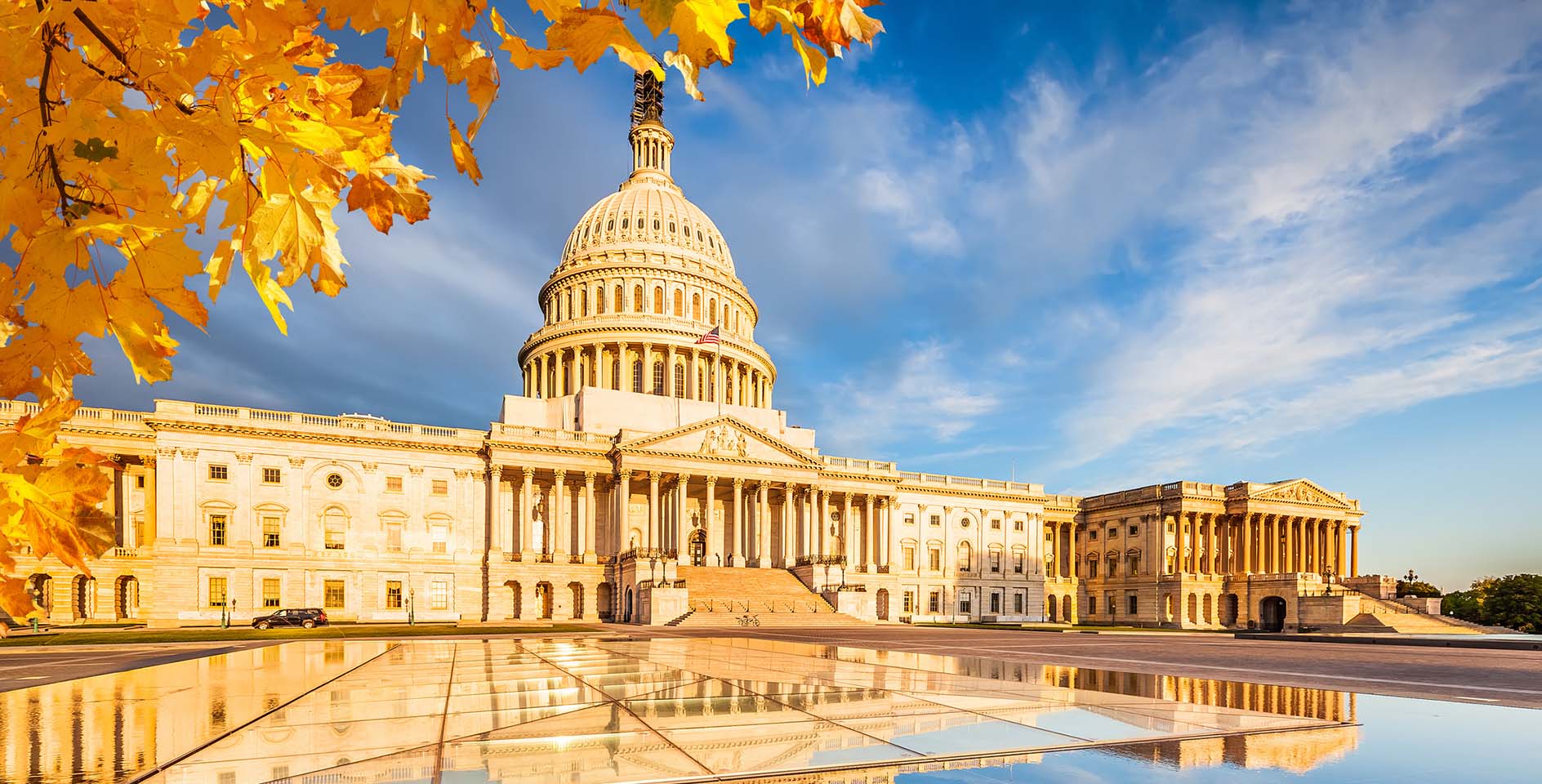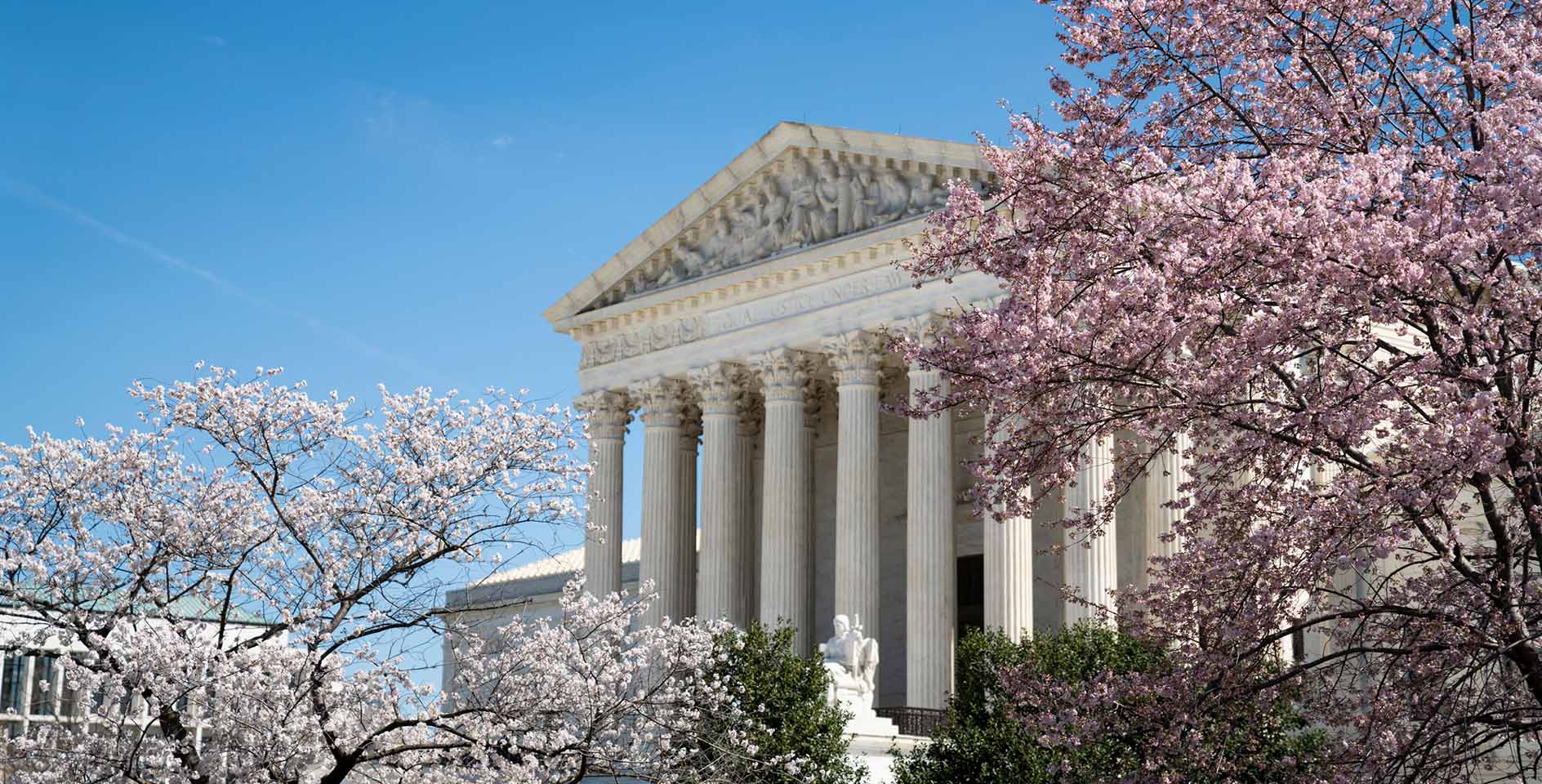Under Gov. Steve Sisolak’s phased COVID-19 reopening orders, many businesses have been permitted to reopen at half capacity, including casinos, indoor theme parks, gyms, and restaurants. But religious services are capped at 50 people, regardless of the size of the facility or what other measures are taken to prevent the spread of COVID-19.
Practically, this means that if a casino’s maximum capacity is 2,000 people, 1,000 people may gamble at its tables and slot machines, while a church of the same size may welcome just 50 to a worship service.
In response, a church in rural Lyon County represented by Alliance Defending Freedom, Calvary Chapel Dayton Valley, sued Gov. Sisolak, arguing that the state’s COVID-19 restrictions on religious gatherings are unconstitutional because they treat religious gatherings worse than comparable secular activities and spaces, such as casinos.
Where is the litigation now?
The Nevada federal district court that initially heard the case denied the church’s motion for an emergency injunction, which would have halted the unequal treatment from the COVID-19 regulations and allowed churches to meet in person indoors at half capacity, the same as casinos and other secular spaces. The church lost its request for immediate relief again at the Ninth Circuit, and appealed to the Supreme Court by filing an emergency application for injunctive relief. The Supreme Court denied the motion, although four justices—Justices Thomas, Alito, Gorsuch, and Kavanaugh—filed dissents.
The case is now back at the Ninth Circuit, where the parties are completing briefing on the case and are waiting for the court to set a date to hear arguments.
What arguments is ADF making before the 9th Circuit?
Although the First Amendment prioritizes religious freedom, Nevada is treating casinos better than churches. At the very least, this Nevada church should be able to meet in person at half capacity while following certain health and safety protocols. The governor’s orders violate the church’s free exercise rights, show the governor’s preference of secular speech over religious speech, and prove that Nevada treats secular assemblies better than religious gatherings. As Justice Alito explained, “[t]he Constitution guarantees the free exercise of religion. It says nothing about the freedom to play craps or blackjack, to feed tokens into a slot machine, or to engage in any other game of chance.”
What’s next for this case?
The parties wait for the Ninth Circuit to set an oral argument date. Following the Ninth Circuit’s decision, the case could be appealed to the United States Supreme Court.
How should Christians be thinking about this situation?
The First Amendment provides broad and strong protections for religious exercise, and governments should ordinarily avoid any interference with a church’s worship practices. Indeed, religious freedom is a foundational, bedrock right that must be respected by our governing officials. Public officials also have the authority to protect public health and safety. These two public responsibilities may be in tension, but one does not negate the other; the First Amendment is not suspended even during a pandemic.
Throughout this time, we have counseled that civic leaders must honor and respect the First Amendment protections for churches just as churches must love their neighbors and their communities by working with civil leaders to do their part with respect to the pandemic.
But in Nevada, religious freedom is being violated. The state has one set of rules for casinos—a powerful interest group in Nevada—and another rule for churches. Thankfully, in most places, churches and state and local officials are working together to find ways to safely gather while protecting public health. We encourage pastors and church leaders to continue to build relationships with local officials. And if you believe your religious freedom has been violated, reach out to the leaders at ADF’s Church Alliance or head to ADF’s website to ask for legal help.



